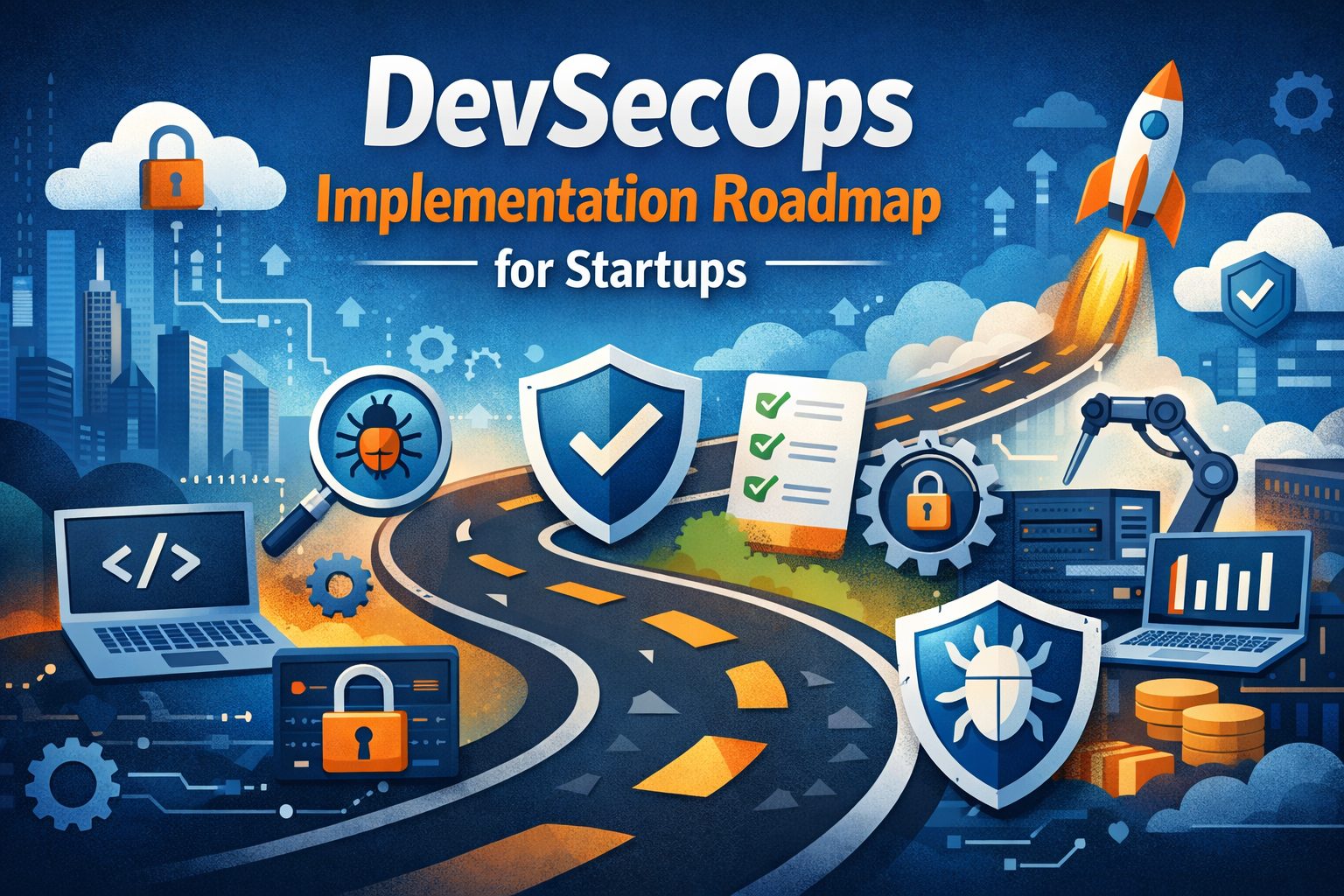As businesses migrate to cloud environments, the need for robust cloud security solutions has never been greater. With cyber threats evolving rapidly, companies must implement strong security measures to protect sensitive data, prevent breaches, and ensure business continuity. In this article, I will share essential cloud security solutions, their benefits, and how they can safeguard your business in the digital age.
Understanding Cloud Security Solutions
Cloud security solutions refer to a set of technologies, policies, controls, and services designed to protect cloud-based infrastructure, applications, and data. These solutions help businesses mitigate cyber risks and ensure compliance with industry regulations. As cloud adoption grows, cybercriminals target vulnerabilities within cloud environments, making cloud security an essential component of any business strategy.
Key Cloud Security Solutions
- Identity and Access Management (IAM)
IAM solutions help businesses manage and control user access to cloud resources. They use authentication and authorization techniques to ensure that only authorized users can access sensitive data and applications. Key IAM features include:
- Multi-Factor Authentication (MFA)
- Role-Based Access Control (RBAC)
- Single Sign-On (SSO)
- Biometric authentication
By implementing IAM, businesses can prevent unauthorized access and minimize the risk of data breaches.
- Data Encryption
Encryption is a vital characteristic of cloud security, ensuring that data is protected both in transit and at rest. Cloud security solutions offer advanced encryption algorithms that scramble data into an unreadable format, making it inaccessible to unauthorized users. Some key encryption techniques include:
- Advanced Encryption Standard (AES)
- Transport Layer Security (TLS)
- End-to-End Encryption (E2EE)
Using encryption, businesses can protect sensitive information, such as customer details and financial transactions, from cybercriminals.
- Cloud Firewalls
Cloud firewalls act as a barrier between cloud environments and potential cyber threats. These firewalls filter incoming and outgoing traffic based on predefined security rules. Cloud firewalls come in different types, including:
- Network-based firewalls – Protect entire cloud infrastructures
- Application-based firewalls – Secure specific applications
- Web Application Firewalls (WAFs) – Prevent web-based attacks like SQL injections and cross-site scripting (XSS)
With cloud firewalls, businesses can detect and block malicious traffic before it reaches critical assets.
- Threat Detection and Intrusion Prevention Systems (IPS/IDS)
Cloud security solutions use Intrusion Detection Systems (IDS) and Intrusion Prevention Systems (IPS) to monitor and respond to potential security threats. IDS detects suspicious activities, while IPS takes preventive measures, such as blocking malicious IP addresses. These systems use:
- Machine learning algorithms to detect anomalies
- Behavioral analytics to identify insider threats
- Automated response mechanisms to neutralize threats instantly
- Zero Trust Security Model
The Zero Trust approach ensures that no entity is automatically trusted within a network. It follows the principle of “never trust, always verify.” Key components of the Zero Trust model include:
- Continuous user authentication
- Micro-segmentation of networks
- Least privilege access enforcement
By adopting Zero Trust, businesses can significantly reduce the attack surface and prevent unauthorized access.
- Cloud Security Posture Management (CSPM)
CSPM solutions continuously monitor cloud environments to detect and correct security misconfigurations. They help businesses stay compliant with industry regulations such as:
- General Data Protection Regulation (GDPR)
- Health Insurance Portability and Accountability Act (HIPAA)
- Payment Card Industry Data Security Standard (PCI DSS)
With CSPM, companies can proactively identify vulnerabilities before cybercriminals exploit them.
- Backup and Disaster Recovery (BDR)
Data loss due to cyberattacks or accidental deletions can be catastrophic for individuals and organizations alike. Cloud security solutions offer automated backups and disaster recovery plans to ensure business continuity. Key features include:
- Regular data backups across multiple locations
- Rapid data recovery in case of breaches or failures
- Continuous monitoring for data integrity
Having a robust BDR strategy reduces the downtime and protects against data loss.
- Security Information and Event Management (SIEM)
SIEM solutions collect and analyze security data from various cloud sources, providing real-time threat intelligence. Benefits of SIEM include:
- Centralized security monitoring
- Automated threat detection
- Compliance reporting
By integrating SIEM into cloud security strategies, businesses can enhance their threat response capabilities.
LogIQ Curve’s Cloud Security Services
At LogIQ Curve, we provide cutting-edge cloud security solutions to help businesses stay ahead of cyber threats. Our services include:
- Cloud Security Assessment: Identifying vulnerabilities and ensuring compliance.
- Identity and Access Management (IAM): Implementing secure authentication and access controls.
- Data Encryption Services: Protecting sensitive information from unauthorized access.
- Cloud Firewalls & WAF: Deploying advanced firewall solutions to prevent cyber-attacks.
- Threat Detection & Incident Response: Utilizing AI-driven solutions to detect and mitigate threats in real time.
- Zero Trust Security Implementation: Enforcing strict access policies and micro-segmentation.
- Backup & Disaster Recovery: Ensuring rapid recovery from unexpected data loss.
- Cloud Security Posture Management (CSPM): Automating security and compliance monitoring.
To learn more about our comprehensive cloud security services, visit our dedicated page: LogIQ Curve Cloud Security Solutions.
Benefits of Implementing Cloud Security Solutions
– Protection Against Cyber Threats
Cloud security solutions shield businesses from malware, ransomware, phishing attacks, and other cyber threats.
– Compliance with Regulations
Many industries require businesses to follow strict security standards. Cloud security ensures compliance with GDPR, HIPAA, and other regulations.
– Enhanced Data Privacy
Encryption and IAM protect sensitive customer data, improving trust and reputation.
– Business Continuity and Reliability
Backup and disaster recovery solutions ensure that businesses can quickly recover from cyber
incidents without significant downtime.
– Improved Operational Efficiency
Automated security solutions reduce the burden on IT teams, allowing businesses to focus on
core operations.
Final Thoughts
As cyber threats continue to rise, investing in cloud security solutions is essential for businesses relying on cloud environments. From identity management and encryption to intrusion prevention and backup solutions, implementing the right security measures can safeguard your digital assets, ensure compliance, and protect your reputation.
At LogIQ Curve, we specialize in providing top-tier cloud security solutions tailored to your business needs. Contact us today (info@logiqcurve.com) to fortify your cloud security and stay ahead of evolving threats.







